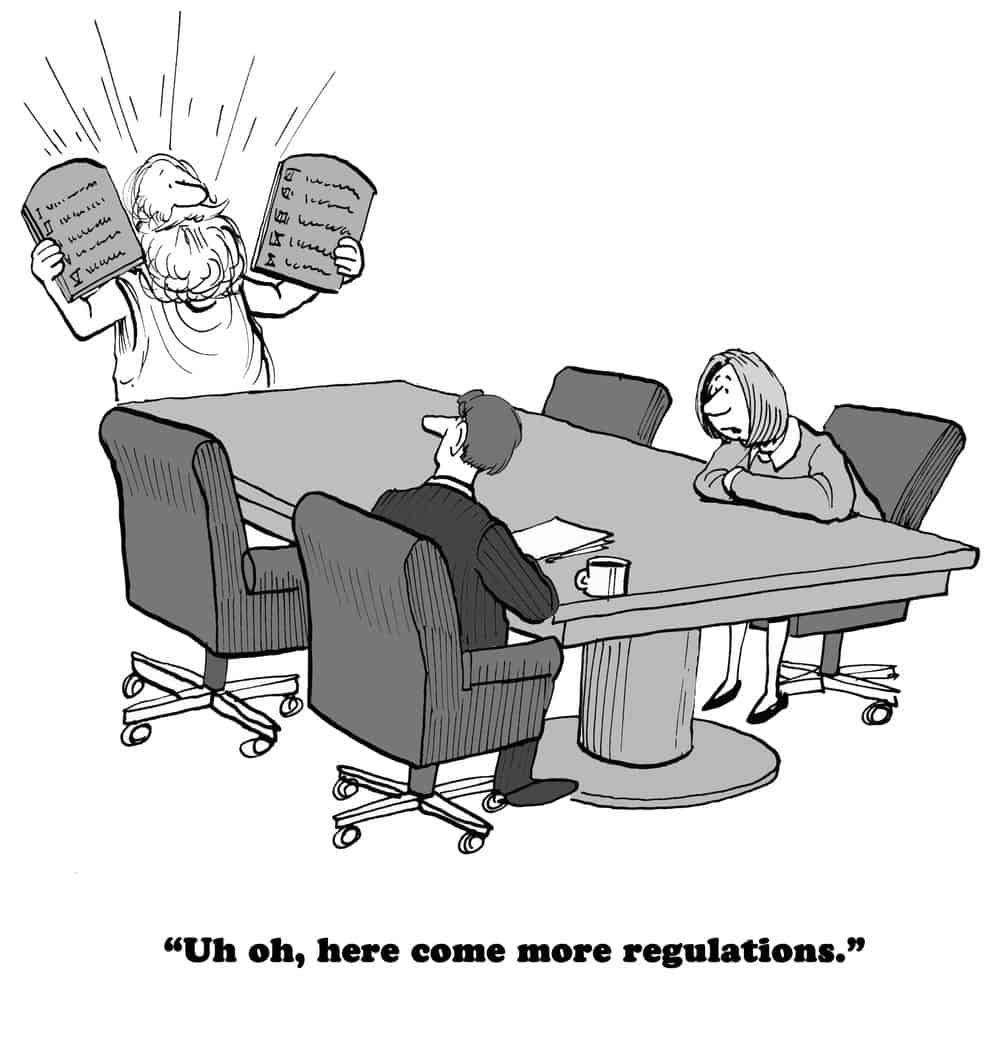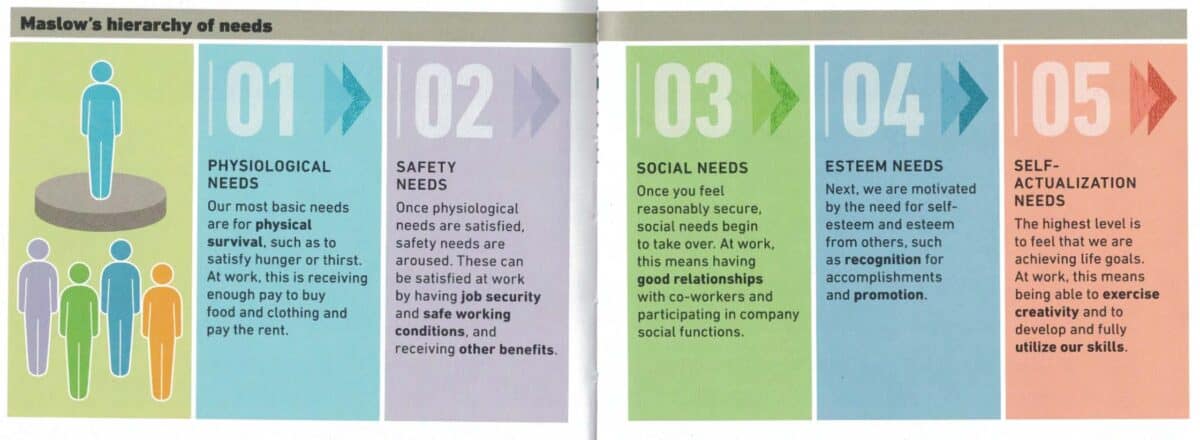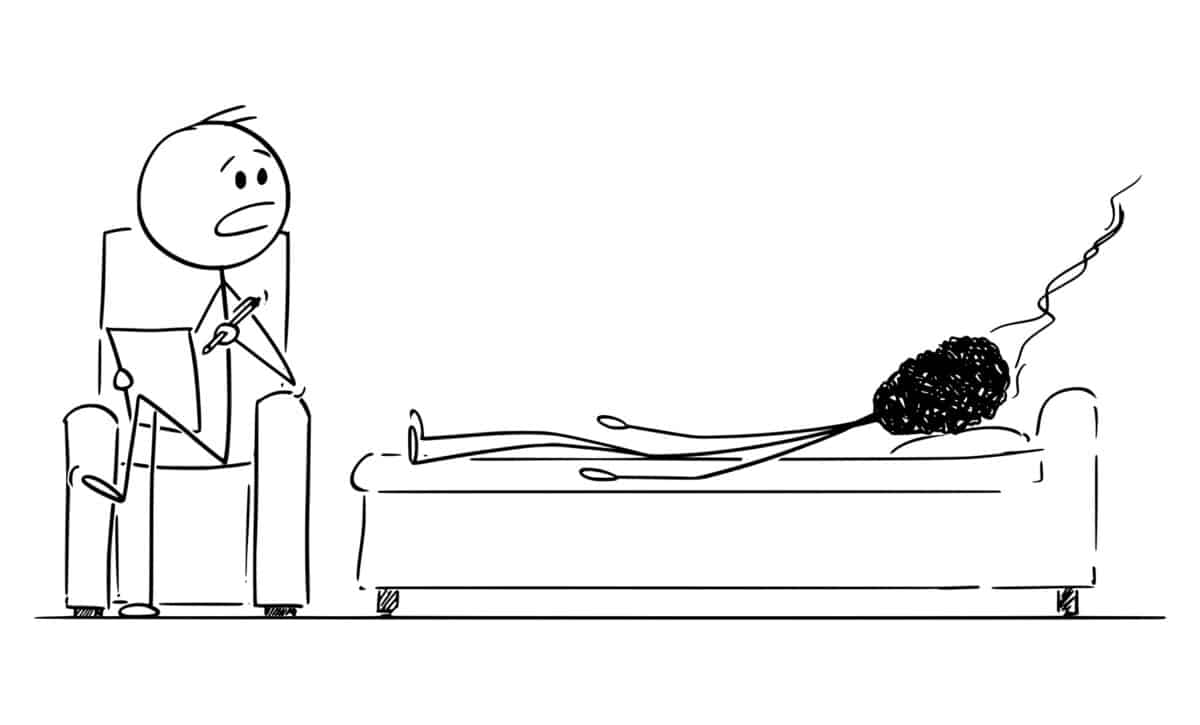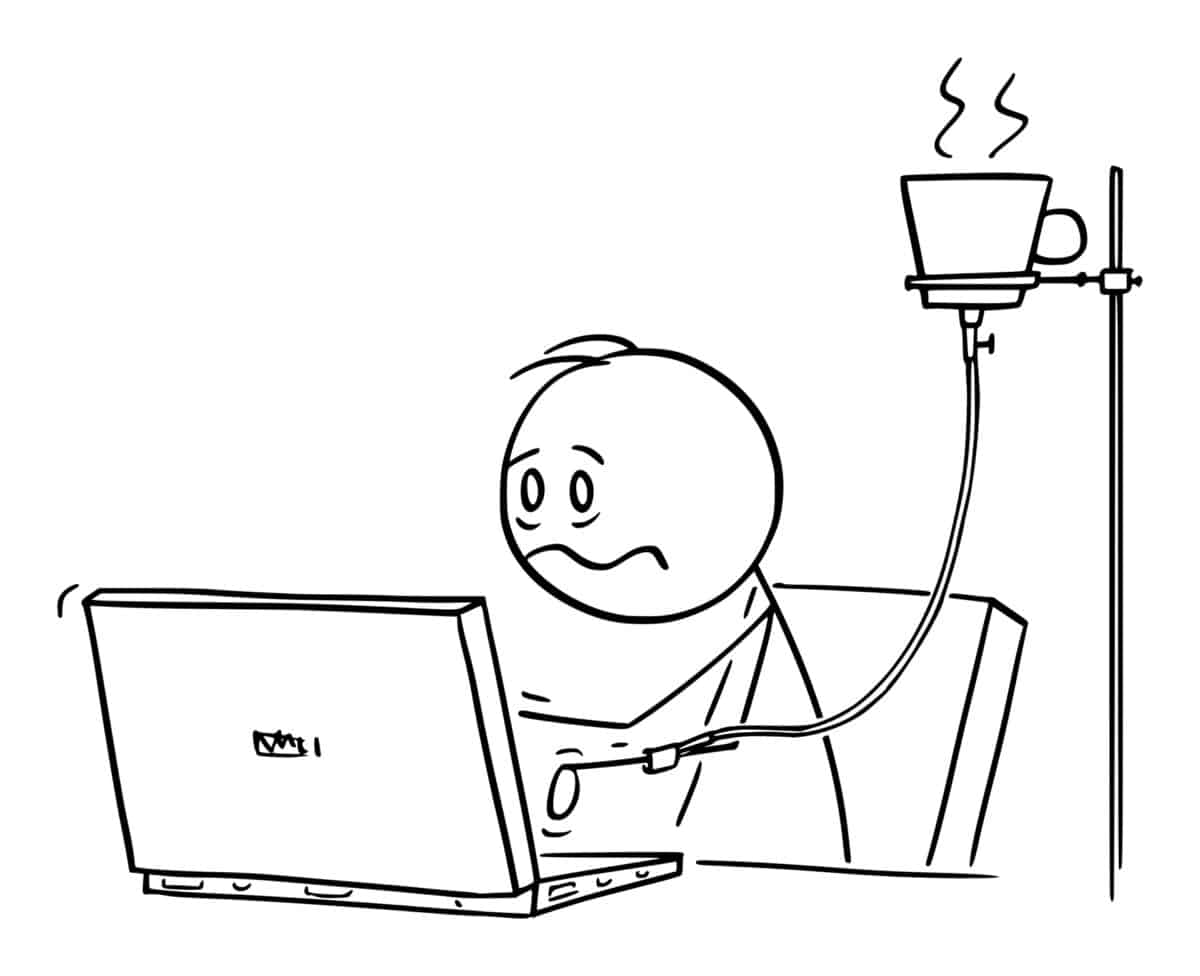Over the last few months, various seminars from law firms and others have focussed on how to comply with new and impending occupational health and safety regulations related to psychosocial hazards at work. Over the last fortnight, I attended two such seminars; they were as different as chalk and cheese, even though both had strong voices from lawyers, illustrating the sources of some of the confusion over the issue felt by some employers.
Category: wellness
Now “we need a systemic reform to the mental health system”. We always did
[This article discusses suicide.]
The tide seems to be turning in approaches to the prevention of suicides in Australia. Recently the CEO of Suicide Prevention Australia, Nieves Murray, concluded a radio interview with some advice that relates directly to workplace suicides.
Another business survey that (sort of) mentions OHS
Much of the discussion about working from home (WFH) focuses on the number of workers in the office, at home or working a combination of both. The production issues of connection, collaboration, management supervision, and productivity are also the focus, particularly of media articles based on some small survey that is principally a marketing exercise. (The need to provide your contact details before downloading is a dead giveaway) However, occupational health and safety (OHS) occasionally garners a mention.
One recent example of this was an article in the United Kingdom’s The Telegraph, which also turned up last week in the Australian Financial Review.
A management book that offers clarity and confidence
One of the most common complaints of newly graduated workers has been that although the university has provided a lot of knowledge, the courses are short on practical management skills. Occupational health and safety (OHS) is no different. One may learn about the social determinants of health but may have poor skills in managing or interacting with workers and colleagues.
Many try to fill this knowledge gap by reading various management and leadership books. Many choose books from leading business schools like Harvard, but these books are often incompatible with the legislative and cultural requirements of Australia or other local jurisdictions. Sometimes it is time to read a book on the basic concepts, like the Essential Managers Management Handbook, published by Dorling Kindersley in 2022.
Mental health at work – “plus ça change, plus c’est la même chose”
Psychological health in the workplace seems to be a recent phenomenon because various Australian jurisdictions are strengthening prevention and management strategies through legislative amendments. This is supported by the World Health Organization’s definition of burnout as an occupational phenomenon. But psychological or psychosocial health and safety at work was a concern last century. In fact, The Australian Psychological Society conducted the First National Conference on Occupational Stress in June 1994, and the book, edited by the late Dr Peter Cotton, based on the papers and presentations from the conference, remains remarkably topical and absent of the well-being language and spin that we have been exposed to since.
The personal and cultural factors in work addiction
Recently this blog wrote about an article on the news website of the Australian Broadcasting Corporation concerning burnout. One of the people interviewed for the article was Sally McGrath, who responded to a series of questions put to her to clarify some of the workplace mental health issues raised.
SAWB: Did your three burnout experiences happen at the same workplace?
Continue reading “The personal and cultural factors in work addiction”SM: Yes – this was a result of me taking on too much, and being “capable” is something that I believe can work both for and against a person. In my case (and many I see) always saying yes and being delegated work is where the burnout begins, you don’t want to be seen as not coping or capable. You also want to be seen as the “next in line for promotion” and saying no can work against you.
Fool me once; shame on you. Fool me twice; shame on me. Fool me thrice?!
The Australian Broadcasting Corporation recently published a curious article about workaholism and burnout – the latter being an occupational mental health condition recognised by the World Health Organisation.
It is curious because the catalyst for the article, Sally McGrath, claims to have experienced burnout three times. Once is understandable as job stress can creep up on anyone. Twice should result in external assistance to investigate the work environment, work practices and personal mental health to identify contributory factors. But the third time…??? Burnout is not something that is usually a repeated experience and its prevention may present a significant challenge for the occupational health and safety (OHS) profession and employers.







